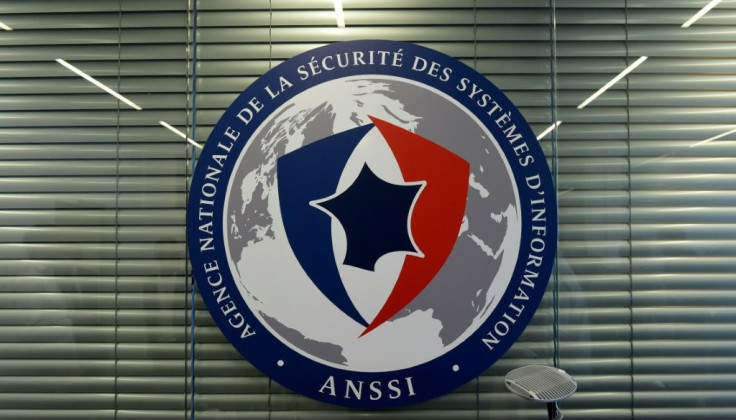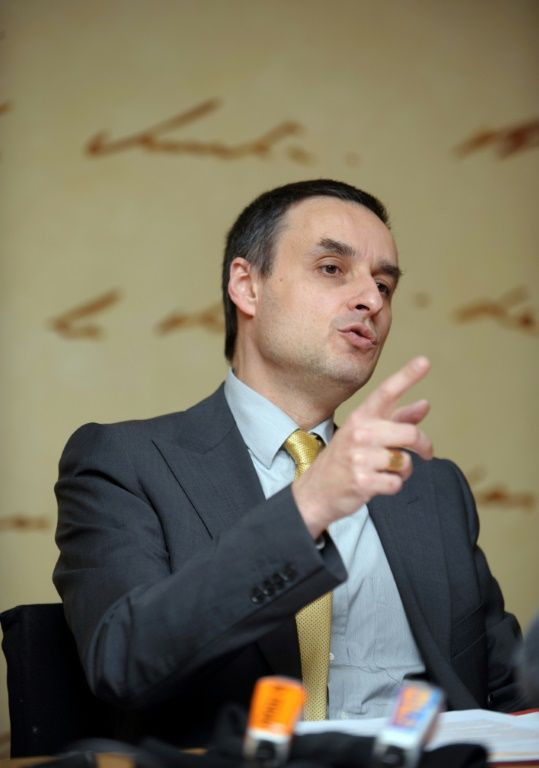French Spies Seek 'Geeks Not Bond' To Lead Cybersecurity Battle

The French secret service is looking to recruit geeks rather than budding young James Bonds as it adapts to new demands in the post-coronavirus world, its technical director Patrick Pailloux told AFP.
In rare public comments, Pailloux said there is a danger that many young tech-savvy French people simply do not consider themselves suitable for the stereotypes of France's Directorate-General for External Security (DGSE)
"We need people who are very connected to new technologies -- thus young people," said Pailloux.
"We have to bring them into the DGSE, it's essential."
The DGSE has previously acknowledged it has seen a surge of interest in its work thanks to the hugely popular TV drama "Le Bureau des Legendes" (known as "Le Bureau" outside France).
In the series, hard-bitten spies on dangerous missions around the world notably work closely with IT experts employed by the DGSE deep inside its Paris headquarters.
Young people "have James Bond and the special forces in their heads," said Pailloux.
"They think: 'I am not Rambo, I am a geek', and it does not occur to them to enter the DGSE."
"But it is not only supermen who are supercharged. If you are supercharged in science then you can also serve your country."

And this will be even more crucial in the changed world after the coronavirus where communication will be even more virtual and less in person.
"Cybersecurity is the alpha and omega of global security in the world we live in," said Pailloux.
"If we are not able to make our systems safe, then all other security is useless," said Pailloux.
He was speaking as 65,000 school pupils take part in an annual competition in France, with the backing of the DGSE, in decoding and cryptography.
For some it is hard to imagine the jump from decoding for fun to working for the secret services.
But Matthieu Lequesne of the National Research Institute for Digital Science and Technology (INRIA) and one of the co-organisers of the competition said that "behind the maths, logic, computer science, the stakes are political".
"If we want to take advantage of artificial intelligence, for big data to work, it has to deal with tonnes of data that belong to individuals," he said.
"And we have to make sure that the platforms that handle this data don't learn anything about us. So the way to respond is good cryptography."
© Copyright AFP {{Year}}. All rights reserved.





















